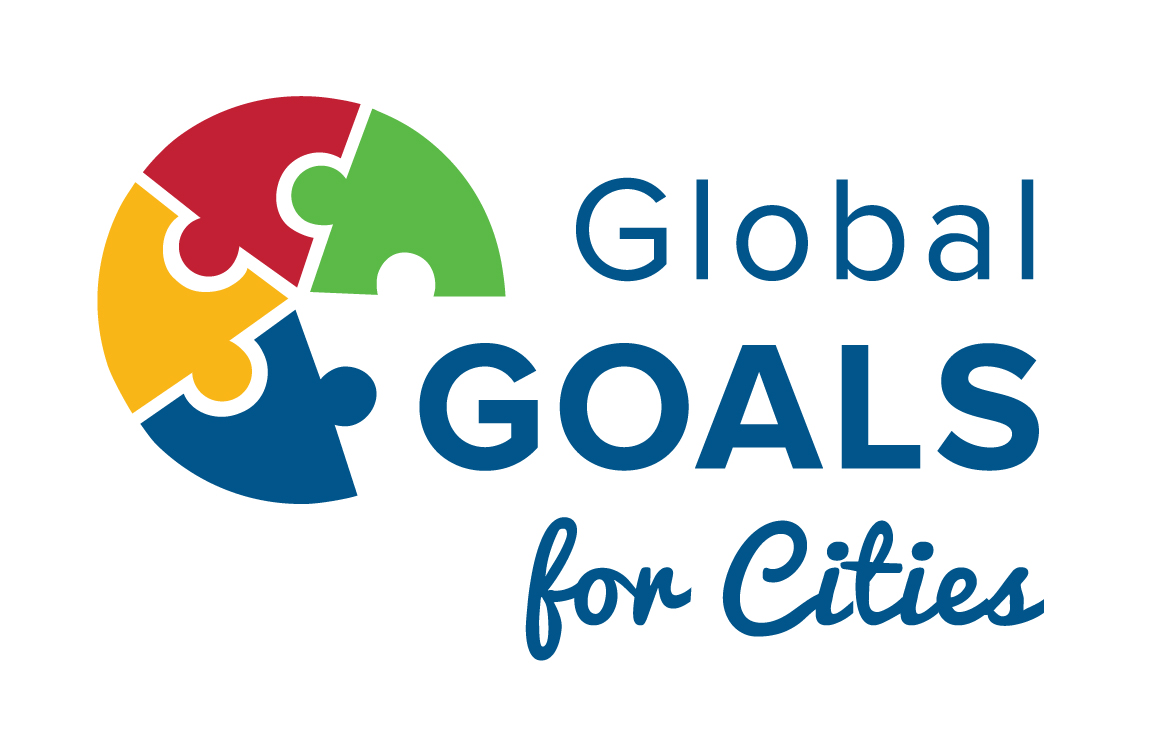
Going local with the SDGs and URBACT
Global Goals 4 Cities network launched
Say hello to the Global Goals 4 Cities network! That’s the name chosen for themselves by the 19 cities participating in the first meeting of the URBACT network on the localisation of the Sustainable Development Goals (SDGs) in April 2021.
Mayor of Tallinn Mihhail Kõlvart virtually welcomed the participants as the Estonian capital is the network lead. Over the next two years, the cities will focus on making sustainable development a reality in their territories and in particular on the drafting and implementation of their Integrated Action Plans.
URBACT is the European Union’s programme fostering cooperation and learning between cities. Adopted by 193 countries in 2015, the United Nations’ SDGs are an agreed-upon global framework with 17 specific objectives covering a wide range of social, environmental and other issues. Cities will be key to achieving many of these goals on the ground.
From the outset, cities exchanged on what these global goals mean for them, how they are interlinked conceptually, but also how they foster cross-sectoral thinking, compel departments to work together and how they relate to other urban development frameworks such as the Leipzig Charter.
During the conversation, cities mentioned how culture, understood as our beliefs, arts, laws, customs, capabilities, and habits of individuals, shapes and drives the development of cities. Although culture is key to sustainable urban development, it is not a specific SDG. Hence Tallin has created a 18th SDG covering culture in its local development plans. (For a detailed analysis of the inclusion of culture in the SDGs at local level, you can refer to this publication from UCLG.
These first exchanges between partner cities and reflections on local priorities showed how cities are making sure that our urban lives are developing sustainably, notably with the help of the Reference Framework for Sustainable Cities (RFSC) tool. Cities are keeping sight of sustainable development even in times of crisis which shuffle priorities and favour short-term emergency actions.
This is why the Global Goals 4 Cities network aims to facilitate exchange between cities as well as other European and international organisations, and help cities localise the SDGs. In due course, URBACT Local Groups will be set up by cities and consulted throughout the development of participatory action plans to implement the SDGs in an integrated manner.
The Global Goals 4 Cities pilot network has been developed in partnership with CEMR and will follow the URBACT method of integrated and participatory action learning. The URBACT toolbox is an excellent free resource to conduct the five different stages of the planning cycle (analysing problems, planning actions, resourcing, implementing, and measuring results). Two cross-cutting sections also gather tools to engage stakeholders and share knowledge. Specifically on the engagement of stakeholders and mobilising local groups, the toolbox, which provides guidance on how to identify, involve and work with groups of stakeholders at local level.
19 Partner cities using the RFSC
Klaipėda (Lithuania), Solingen (Germany), Reggio nell’Emilia (Italy), Tallinn (Estonia), Schiedam (Netherlands), Mouscron (Belgium), Braga (Portugal), Trim (Ireland), Ozalj (Croatia), Bratislava (Slovakia), Heraklion (Greece), Jihlava (Czech Republic), Manresa (Spain), Dzierżoniów (Poland), Veszprém (Hungary), Glasgow (United Kingdom), CdA La Rochelle (France), Gävle (Sweden).